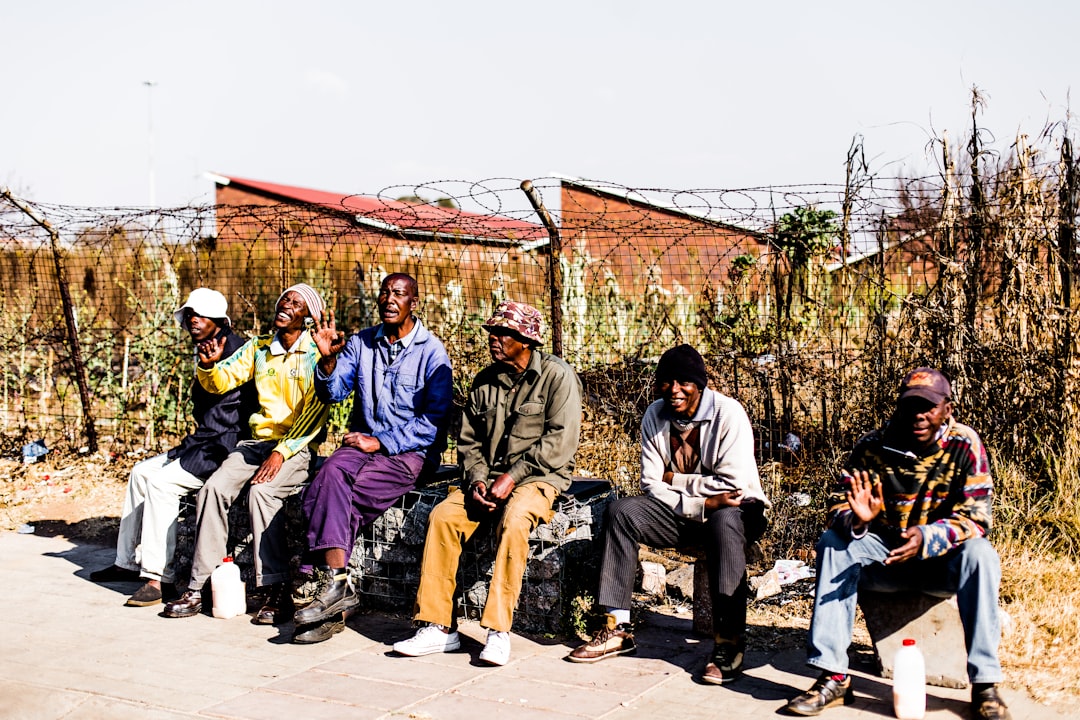What is it about?
In this study, we explore the effect of women's access to higher education on their experience of intimate partner violence. We show the percentage of women with post-secondary education and the percentage of women who experience intimate partner violence in Uganda by districts. We also map the result of the local regression results (GWR) of the association between post-secondary education (percentage) and intimate partner violence (percentage) for each district.
Featured Image

Photo by ray rui on Unsplash
Why is it important?
This study offers an insight into how contextual differences in women and male partners' socioeconomic status influence women's experience of intimate partner violence. It suggests that reducing socioeconomic disparities among districts and regions in Uganda could potentially improve women's access to higher education and reduce their experience of intimate partner violence. It also offers direction for further studies to geographic difference in socioeconomic status or sociocultural difference and how these differences increase or reduce women's vulnerability to intimate partner violence
Perspectives
This article is the first to apply geographically weighted regression analysis to explore spatial variations in the association between women's education and their experience of intimate partner violence. It is our hope that this article like others will pave the way for exploring geographic dimensions of social, economic and health issues that affect the population in sub-Saharan African, especially the poor and vulnerable in society.
Dr. Prince Michael Amegbor
Aarhus Universitet
Read the Original
This page is a summary of: What geography can tell us? Effect of higher education on intimate partner violence against women in Uganda, Applied Geography, May 2019, Elsevier,
DOI: 10.1016/j.apgeog.2019.03.009.
You can read the full text:
Resources
Contributors
The following have contributed to this page










